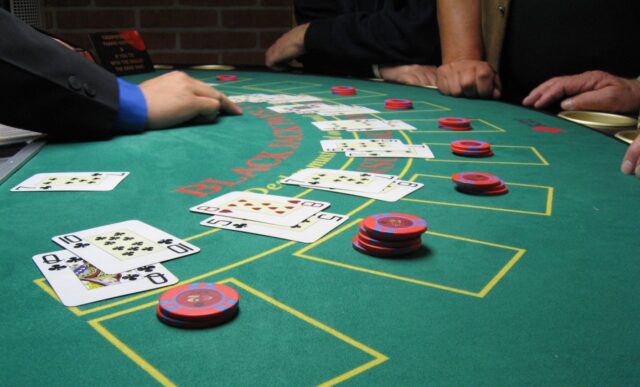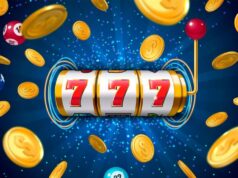For the majority of players, blackjack appears to be an easy game. You are dealt two cards and must try to reach twenty-one, or you are out of the game. Yes, people think that it is truly that easy.
If you also think the same, then you are of the wrong notion. Blackjack is significantly more challenging than this, and if you want to achieve decent outcomes, you must grasp all of its rules and regulations of the game. The blackjack surrender rule is an essential rule that many players are not aware of. It is quite a powerful move and if done correctly and at the right time, helps you save a lot of money that you would have otherwise lost in the game.
So what exactly is surrender in blackjack, and when should it be used? This article will help you know how to properly use the surrender option the next time you play the game.
Remember that employing blackjack surrender correctly will reduce the house advantage and improve your long-term chances of winning. Therefore, you must read carefully and understand when surrendering is the wisest course of action.
What Is Surrender In Blackjack?
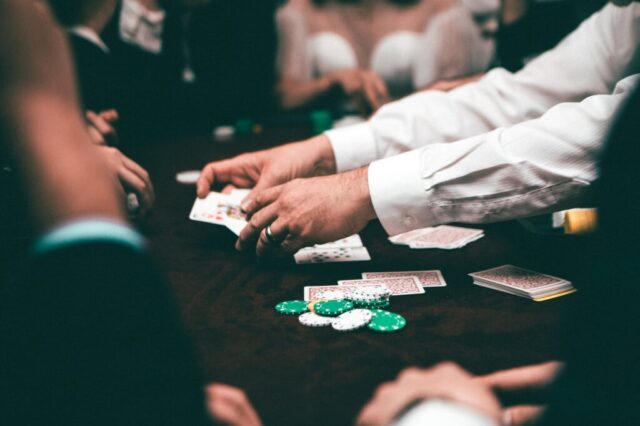
Before discussing specific blackjack surrender guidelines, let’s first understand what surrender in this game means and when it should be utilized. The option for surrendering is accessible before drawing any cards and doing any other action.
If you choose to surrender, you will receive half of your wager back, while the casino will retain the other half. This may not seem like much, given that you end up losing half of your wager but in certain situations, however, you are more likely to lose than to win, making the surrendering option preferable. The optimal timing for surrendering in this game depends on the number of card decks in play and the specific regulations.
Early Surrender in Blackjack
At certain blackjack tables, the surrendering rules let players take advantage of the so-called early surrender. Early surrender allows you to give up your hand immediately after being dealt before the dealer can check for blackjack. This can be extremely helpful in situations where the dealer will likely have a blackjack or beat you even if they don’t, such as when they have an ace or a ten.
In the late 1970s, when casinos were originally legalized in Atlantic City, New Jersey, certain questionable actions by the Casino Control Commission and early operators led to early surrendering.They devised this new form of surrendering in the hopes that such rules would attract players. Such a strong rule change is rare in land-based casinos today.
Late Surrender in Blackjack
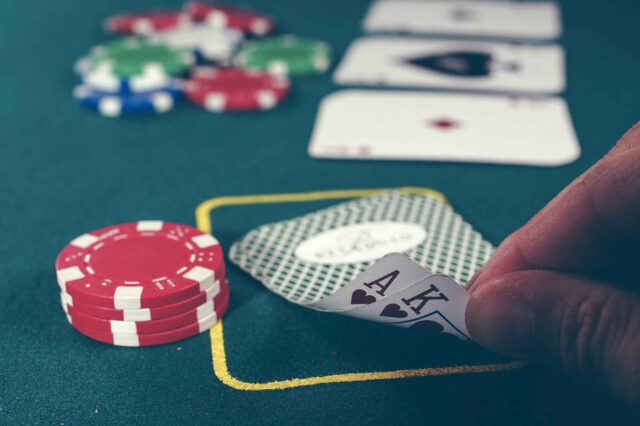
Early surrender is sometimes permitted in these games, but in most instances, you can only surrender once the dealer checks for blackjack. The term for this is called late surrender.
It’s probably better to check with the dealer to see if surrender is a possibility, and if so, whether late surrender or early surrendering applies. Also, different casinos have different rules for how to signify surrender with your hands. Also, if late surrender is your only option, you should be surrendering only if you hold 14, 15, 16, or 17 and the dealer has a ten or ace card.
When Should You Surrender?
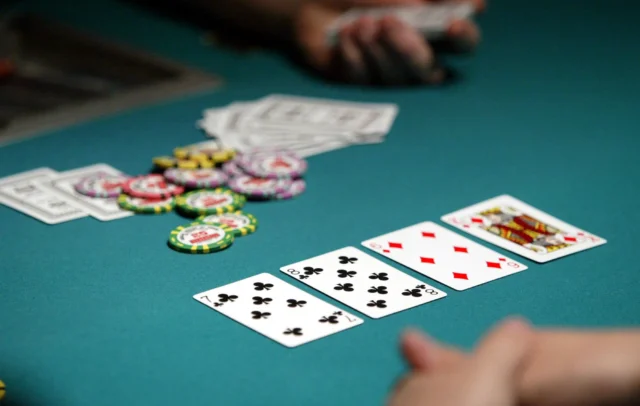
In this game, the surrendered hands are all losers. Because of this, there is no possibility of winning money with them. However, the half-bet you lose by surrendering is less than what you would lose by playing the hand. Thus you save money in the long run by surrendering.
For surrendering a hand while playing blackjack online, click the surrender button. You can form a small line with your fingers behind your cards if you are playing in a casino (you should never touch casino chips). Even better, state that you wish to surrender your hand so there is no ambiguity about your intentions. If you want to enjoy playing blackjack and other amazing casino games, try your hands on USA online slots.
You are now familiar with the basic blackjack surrendering guidelines and when to employ them to increase your predicted value. The reason for surrendering is that your hand has less than a 25% probability of beating the dealer, regardless of how you play it in the above situations. This means that regardless of whether you stand, draw, or take any other action, you will lose money on the hand
Occasionally, the dealer’s hand will bust, resulting in your victory. However, this is only a short-term variation; in the long run, you will lose money in these situations. Blackjack is all about the long haul and perseverance, and if you lack the patience to skip these hands and get half of your investment back, you will lose more than that by stubbornly staying in the game.
Why Surrender in Blackjack?
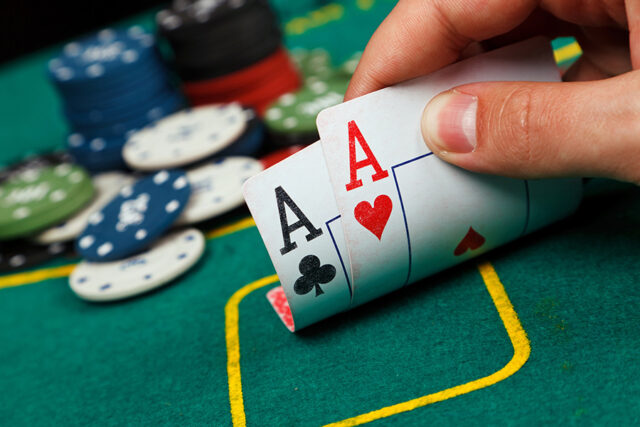
Surrendering is not a particularly effective strategy for winning any game, including blackjack. Nonetheless, this rule was enacted for a cause and must be followed. If you are unsure when you should try surrendering in blackjack, this advice is an excellent resource to use and keep handy when playing blackjack, particularly online.
In casinos with hand-held games, the rules for surrendering may differ, so if you’re not sure, it’s best to ask your dealer how to do it right. They’ll be glad to show you how to do it. You should give up if you don’t have at least a 50 percent chance of winning against the dealer’s up card. But this will depend on whether you hit or stand on a soft 17 and how many decks are in play.
Final Word
Blackjack can only be played successfully by strictly adhering to the basic strategy, and blackjack surrender is an integral aspect of this approach. Now that you understand when and why you should consider surrendering, you can begin playing the game. Your total performance will improve if you strictly adhere to these principles, so give it a try and see for yourself. Knowing when you should consider surrendering will help you in the long run. This way you will not end up losing the entire wagered amount.

